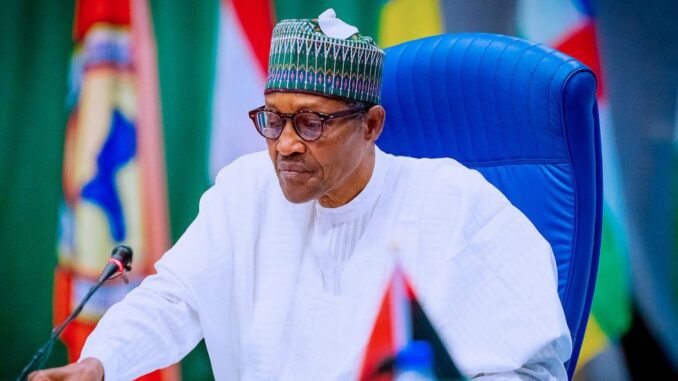
PENULTIMATE week, Nigerians and the rest of the world were treated to an astounding spectacle as Yusuf Buhari, President Muhammadu Buhari’s son, tied the knot with his heartthrob, Zahra, daughter of the Emir of Bichi, Nasiru Ado Bayero, at an extremely lavish ceremony in Bichi, Kano State. The wedding, which naturally drew the high and mighty in willing numbers, was extremely obscene in the display of wealth that characterised it. The headlines from around the world were telling: they spoke of glitz and opulence, royalty and wealth. The event, described in some reports as the most expensive wedding in Sub-Saharan Africa, saw guests going home with branded, customised and outrageously expensive souvenirs which commentators valued at N1.7 million per pack.
Each pack had, among others, a customised iPhone 12 Pro Max, the latest brand of iPhone with a current market value at N589,000, and an Apple iPad valued at N645,000. As was the won’t of officialdom, COVID-19 guidelines were dispensed with, drawing the ire of the Nigerian Medical Association (NMA) and the Joint Health Sector Union (JOHESU). The Nigerian and United States currencies were handled on the dance floor in ways that were quite contrary to the rules, and even security operatives helped in, as it were, safeguarding the haul of cash. There was a currency rain on the dance floor: the optics were bad in every possible way.
Prior to the wedding proper, a video surfaced on the internet showing a money rain by Buhari’s groomsmen. The men contributed over N500, 000 to the driver who conveyed them to the event and they did so with accustomed swagger. Apparently, no effort was going to be spared in passing the message that this was no ordinary wedding: it was going to be a display of wealth and privilege on a high wavelength. The groomsmen comprising the children of the highest-ranking political figures in the country made no pretence about their power: they showed it.
Ordinarily, the wedding of children of political figures such as presidents, governors and ministers is bound to attract high-profile figures. However, it need not display the kind of opulence witnessed penultimate week. Nigeria is the global capital of poverty and it is quite disturbing if not tragic that a president who constantly spoke of frugality while campaigning for election could be associated with such a spectacle. During the build-up to the 2015 general election, the then candidate Buhari claimed that he took a loan to be able to obtain his party nomination forms. What has happened between then and now? What does the president’s son do for a living?
If the wedding in question reinforced anything, it is the fact that Nigeria’s political leadership is insensitive. Across the board, Nigeria’s political leaders are disconnected from the people, and the wedding of any other Nigerian president’s son other than Buhari would have been just as lavish. Around the world, even when people with proven means of livelihood engage in an unnecessary display of wealth, people rightly complain that such displays are not good for society. But the case becomes worse when, as in this case, people do not even know the sources of livelihood of those engaging in an obscene display of wealth. It is a fact that in Nigeria because governance is criminally personalised, politicians spend government money on their private and family affairs. That explains why there was a massive display of private jets at the wedding even by governors who are owing workers arrears of salaries. This personalisation of governance needs to stop, but there is nothing on the horizon that gives any indication that it will any time soon.
Nigerian leaders must learn to lead by example. They would not die if they did. While not begrudging the Buhari’s the joy that comes with weddings—no one can or should— we feel that their Kano extravaganza was entirely needless and insensitive.
END

Be the first to comment